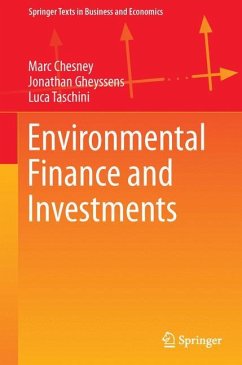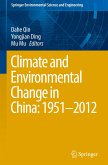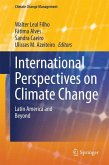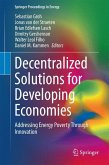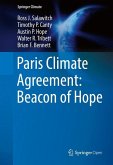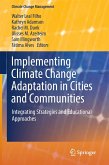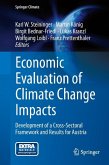The current economic and environmental situation poses fundamental questions that this book aims to answer: Under which conditions could a market-based approach contribute to a decrease in emissions? How are abatement and investment strategies generated or promoted under permit regimes like the European Union Emission Trading Scheme (EU ETS)? In the context of the EU ETS, what is the trade-off between production, technological changes and pollution?
This book is intended to provide students and practitioners the knowledge and theoretical tools they need in order to answer these and other more general questions in the context of so-called environmental finance theory, a new field of research that investigates the economic, financial and managerial impacts of market-based environmental policies.
This book is intended to provide students and practitioners the knowledge and theoretical tools they need in order to answer these and other more general questions in the context of so-called environmental finance theory, a new field of research that investigates the economic, financial and managerial impacts of market-based environmental policies.
From the book reviews:
"The aim of the book is to serve as a textbook for economics graduate courses on environmental finance and for practitioners working in regulated industries or in trading companies on carbon desks. ... this book will be useful to students and practitioners who are looking for theoretical tools to answer fundamental questions in the context of the so-called environmental finance theory." (Guiomar Martín-Herrán, Mathematical Reviews, February, 2015)
"The aim of the book is to serve as a textbook for economics graduate courses on environmental finance and for practitioners working in regulated industries or in trading companies on carbon desks. ... this book will be useful to students and practitioners who are looking for theoretical tools to answer fundamental questions in the context of the so-called environmental finance theory." (Guiomar Martín-Herrán, Mathematical Reviews, February, 2015)

